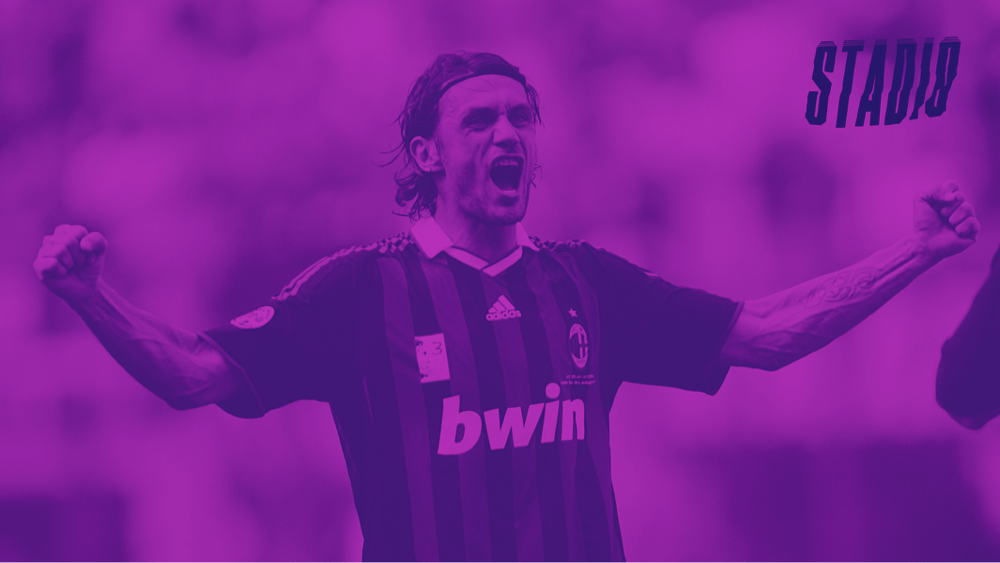What makes a hero? After picking their squad of supervillains in the last Stadio podcast episode, Musa and Ryan now assemble a squad of footballing superheroes.
Listen below, or search for Stadio in your favourite podcast app.
Below, Stadio co-founder, Musa Okwonga, takes us through the Superhero XI.
What makes a hero? Well, first of all, it is someone who saves their most memorable feat for the most daunting of stages. A superhero is someone who conjures these feats so often that they become the norm; to them, saving the day seems as routine as brushing their teeth. For them, greatness appears mundane.
Though football is a team sport, its defining moments often come when players act by themselves. There has arguably been no major footballer more exposed than Iker Casillas when Arjen Robben was through on goal against him in the 2010 World Cup Final; and yet that was when, in diving at Robben’s feet, Casillas stood taller in history than ever. Later that evening his team-mate Andres Iniesta had his own appointment with immortality, waiting for a lofted pass to fall from the Rio sky, and he showed the same grace under pressure. He could almost have earned a place in this line-up for his goal celebration alone, a uniquely moving tribute to his late friend Dani Jarque.
Casillas and Iniesta both feature in this team of superheroes; not only because of what they won, but because of how they won it. Being a superhero isn’t just about claiming a trophy. It’s about how inspiring your journey was on the way there. Javier Zanetti, John Charles, Lilian Thuram and Paolo Maldini excelled in a league often criticised for the cynicism of its defending, but each have reputations beyond reproach. It’s one thing to be part of one of the most fearsome rear-guards in your sport’s history: it’s quite another to be called a gentleman while doing it.
The true superheroes are always ready to lead. In 1950, Uruguay’s Obdulio Varela faced down a quarter of a million supporters against Brazil at the Maracanã; a crowd about as intimidating as any that Russell Crowe’s character encountered in Gladiator. In three different eras and contexts, Leo Messi, Alfredo di Stefano and Johan Cruyff strolled about the Bernabéu as if it were their living-room. And, most importantly of all, no greatness comes without profound struggle. The career of this team’s centre-forward follows a trajectory as grand as any classic Greek drama: from glory, to crisis, to glory again.
There may be sadness and even disbelief at those names we have omitted. Hopefully, though, the overwhelming sense will be of a team so glorious that to watch them gives the same contentment as a sumptuous meal. They would be coached by a genius and hosted by perhaps the most passionate fan base on Earth; their bench would be composed of the game’s greatest philosophers and ambassadors; and their bond would be as strong as the squad of supervillains they would oppose. Regardless of the outcome between these sides, the resultant battle would be epic; and it would be at least as much fun as it has been to select these two teams.
